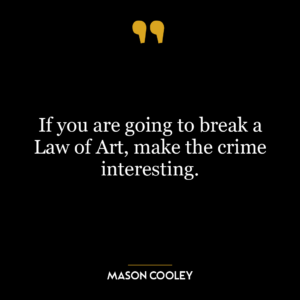“The strictest law sometimes becomes the severest injustice,” implies that, while laws are designed to maintain order and fairness, their rigid application can sometimes result in unfairness or even oppression. This is because laws are generally created to cater to the majority and are based on what is assumed to be “normal” or “standard.” However, not all situations or people fit into these standards. When a law is applied in a one-size-fits-all manner, it may fail to consider individual circumstances, thus causing harm or injustice.
For example, a law may require a certain level of income for a person to be eligible for certain benefits. While this law may be intended to ensure that resources are allocated to those most in need, it may inadvertently harm those who are just above the income threshold but still struggling financially.
In today’s world, this idea can be seen in the ongoing debates about criminal justice reform. Strict laws that impose harsh penalties for minor offenses can sometimes exacerbate social inequality, as they disproportionately affect disadvantaged individuals who may lack the resources to defend themselves effectively. Similarly, zero-tolerance policies in schools have been criticized for leading to harsh punishments that do not consider individual circumstances or the potential for rehabilitation.
In terms of personal development, this quote might suggest the importance of flexibility and empathy. While it’s important to have principles and standards, adhering too rigidly to them can sometimes lead to unfairness or harm. Instead, it may be more beneficial to consider individual circumstances and make adjustments as necessary. This approach promotes growth and understanding, rather than strict adherence to potentially limiting or harmful rules.














